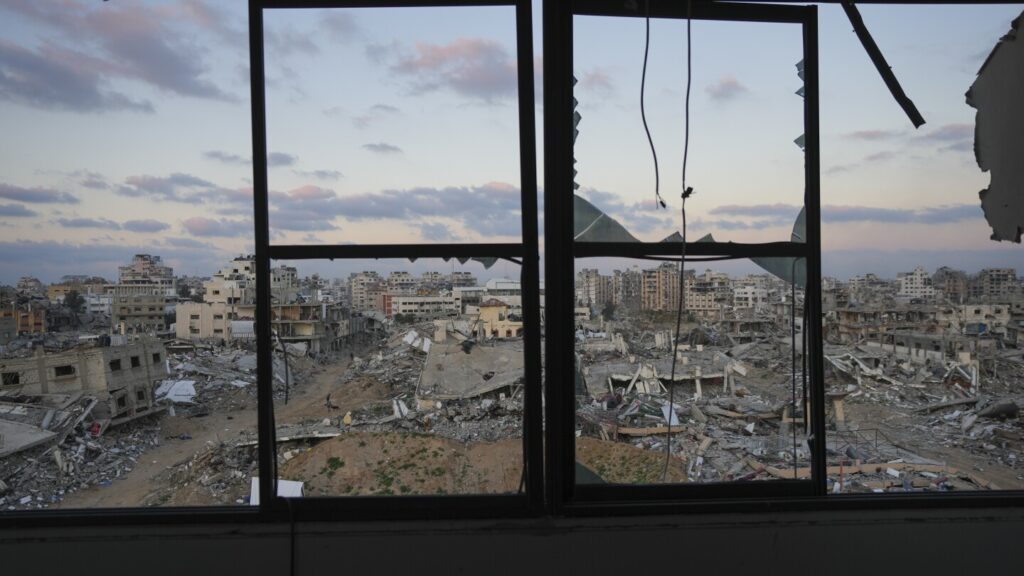Palestinians commemorate the 77th anniversary of their mass expulsion from what is now Israel, known as the Nakba, a pivotal event in their national struggle. However, the current crisis in the Gaza Strip, exacerbated by President Trump’s proposal to resettle displaced Palestinians outside Gaza, has overshadowed historical grievances. Following the 1948 Arab-Israeli war, some 700,000 Palestinians were unable to return to their homes, leading to a refugee population of over 6 million scattered across Lebanon, Syria, Jordan, and the West Bank.
In Gaza, refugees and their descendants make up a significant portion of the population, with their right of return being a longstanding point of contention in peace negotiations. The recent Israel-Hamas conflict has further displaced Palestinians, with over 1.7 million fleeing their homes, far surpassing the exodus during the 1948 war. The devastation in Gaza, marked by intense military campaigns and widespread destruction, presents a monumental challenge for reconstruction efforts.
Amid fears of a recurring catastrophe on a larger scale, Palestinians face the grim reality of potential permanent displacement or inhabitable conditions in their homeland. The international community opposes mass expulsions, emphasizing the need for sustainable solutions that respect Palestinian rights. The ongoing conflict and discriminatory policies contribute to a sense of ongoing Nakba, prompting concerns of gradual displacement and deteriorating living conditions.
As efforts to rebuild Gaza face significant obstacles, the specter of a modern-day Nakba looms, characterized by a slow erosion of Palestinian presence and livelihoods. The plight of Palestinians, both historical and contemporary, underscores the urgency of addressing root causes and ensuring a sustainable future for all involved parties.

